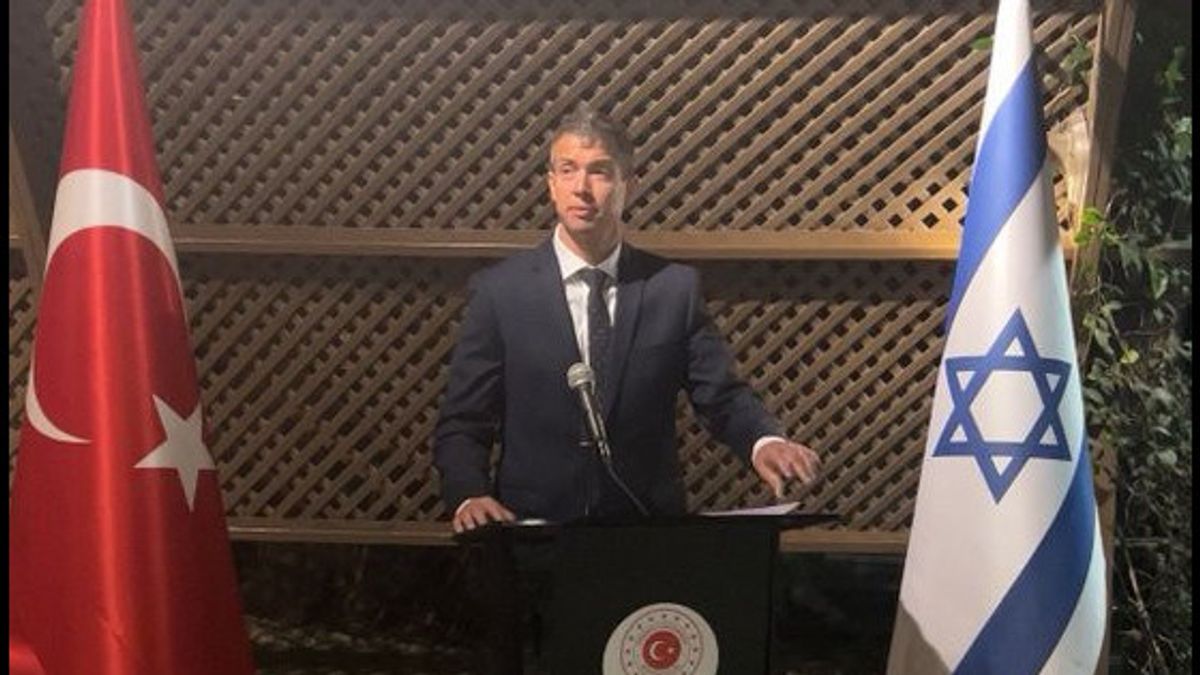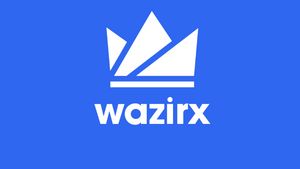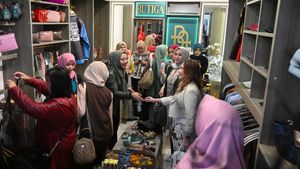JAKARTA - The Israeli government on Wednesday, November 14 announced that it plans to regulate social media companies such as TikTok, YouTube, Facebook and Twitter. This is done to follow EU steps in dealing with illegal and offensive online content.
Israel's Minister of Communications, Yoaz Hendel, said he would place a responsibility on social media companies to deal with offensive and illegal content while creating more transparency towards users and forming regulators to oversee the company.
The regulation will apply to platforms with more than 500,000 users in Israel, which is 5% of the country's population.
Under the new rules, which still require legal and parliamentary approval, social media companies will be required to act quickly to remove "offensive illegal content". They also need to operate online hotlines to report such content. Meanwhile, courts in Israel will be authorized to issue an order to remove the content.
Social media companies will be required to have local offices in Israel as well as a better appeal process for users whose content has been deleted.
Hendel, who formed a committee to examine the regulation of social networks in Israel last year, said in a statement that social media had done much for humanity but also pose a dilemma for the government.
"This is an unregulated online space and negative and dangerous social phenomena have grown in it," Hendel said, in a statement adopting committee recommendations.
"Legal responsibility must be applied to digital platforms related to the distribution of illegal sexual content, incitement to violence and terrorism and others," Hendel said.
It is up to the next communication minister to advance the law once the Prime Minister appoints Benjamin Netanyahu to complete the formation of a ruling coalition expected to materialize in the coming week.
Earlier this year, EU antitrust chief Margrethe Vestager won support from 27 countries to approve the Digital Service Act (DSA) on handling illegal content or the risk of a large fine. The DSA comes into effect in 2024.
The English, Chinese, Japanese, Arabic, and French versions are automatically generated by the AI. So there may still be inaccuracies in translating, please always see Indonesian as our main language. (system supported by DigitalSiber.id)











